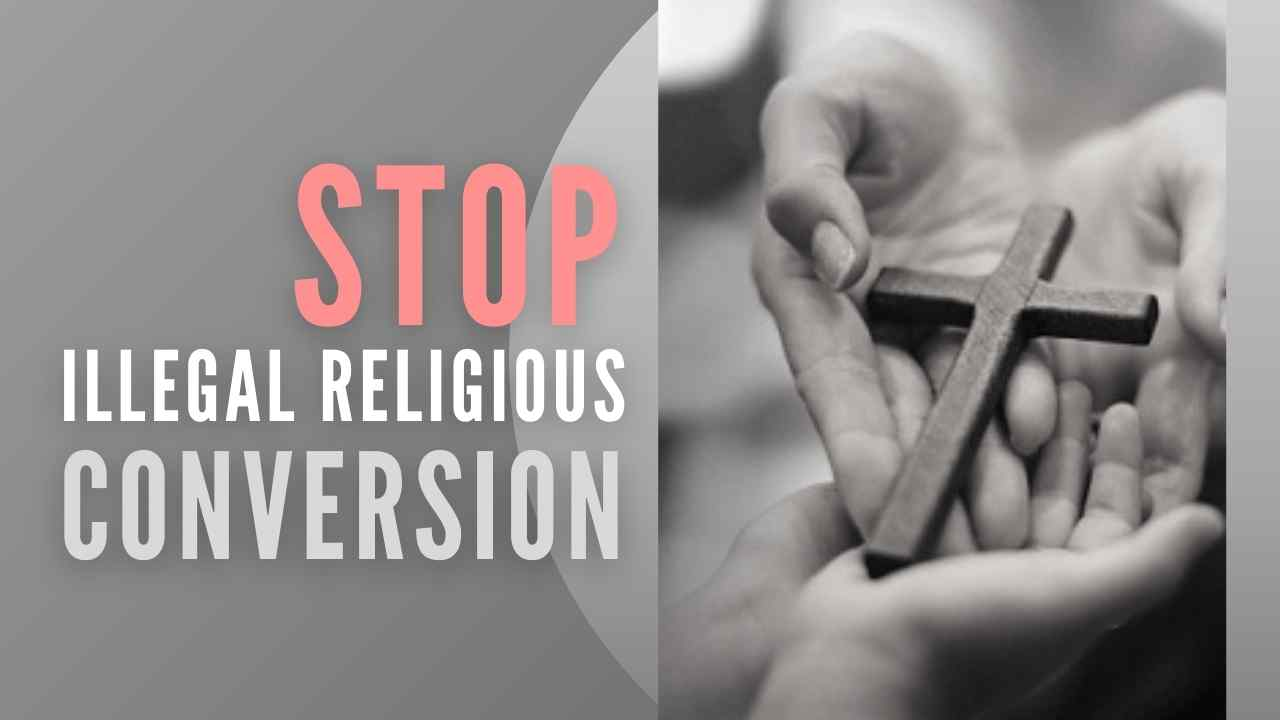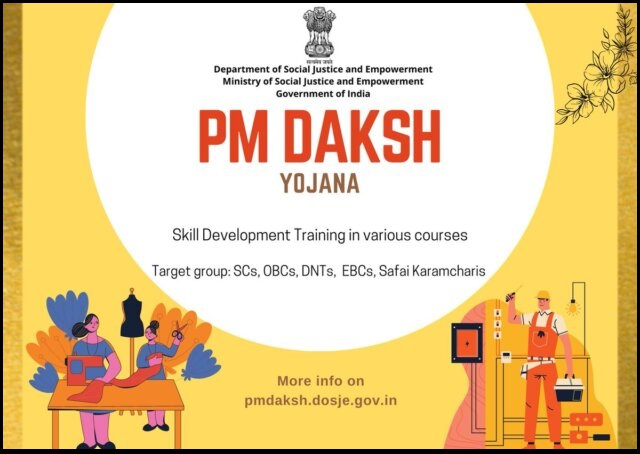Description

Copyright infringement is not intended
Context: The State government of Haryana introduced an anti-conversion Bill.
Details:
- The State government of Haryana introduced the Haryana Prevention of Unlawful Conversion of Religious Bill, 2022.
- The bill is introduced to create a deterrent for people involved in forced religious conversion activities.
- The Bill seeks to “prohibit religious conversions which are effected through misrepresentation, force, undue influence, coercion, allurement or by any fraudulent means or by marriage or for marriage by making it an offense”.
- According to the draft Bill, the burden of proof shall be on the accused.
Law making process at State level:
- Step 1 - The State cabinet approves the draft of the Bill.
- Step 2 - The State government introduces the bill in the State assembly or Vidhan Sabha.
- Step 3 - Discussion on the bill in the state assembly, members give their suggestions, and at the end voting is done.
- Step 4 - Once a bill is passed by the state assembly, it is sent to the Governor for his final assent. Once the Governor gives his assent, it shall be enacted as law and implemented across the state.
Arguments in Favor of anti-conversion bill:
- These laws only ban and punish forceful religious conversion.
- Fundamental rights under Article 25 ‘Right to propagate a religion” did not extend to forced conversions.
- There is no fundamental right to convert another person to one's own religion.
Arguments against anti-conversion bill:
- According to some activists “Such laws are used to target religious minorities and interfaith couples”.
- These laws would be used to target even voluntary conversions, and curb the fundamental rights “Freedom of conscience” under Article 25.
- These Acts do not satisfy the test of reasonableness and fairness, and also go against the Fundamental rights under Article 14 and Article 21” of the Constitution.
Way forward:
- Anti-conversion laws have been challenged in courts ever since Odisha moved the first such legislation in 1967. However, the courts have a mixed record defending freedom of choice with regard to religion, ruling in favor of individual liberty in some cases but not in others.
- The High Court on many occasions clearly said that while a person has the right of belief and the right to change their beliefs, they also have a right to keep their belief secret.
https://indianexpress.com/article/explained/explained-haryana-govts-anti-conversion-bill-its-provisions-and-oppositions-objections-7801281/








